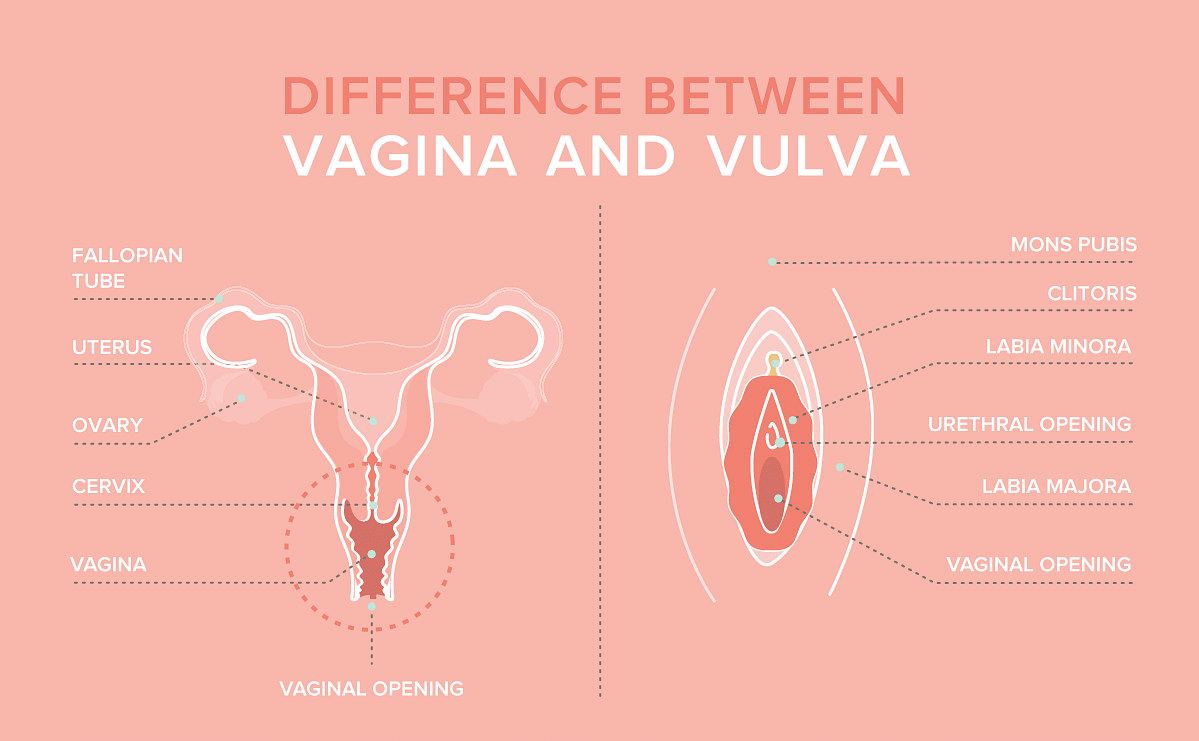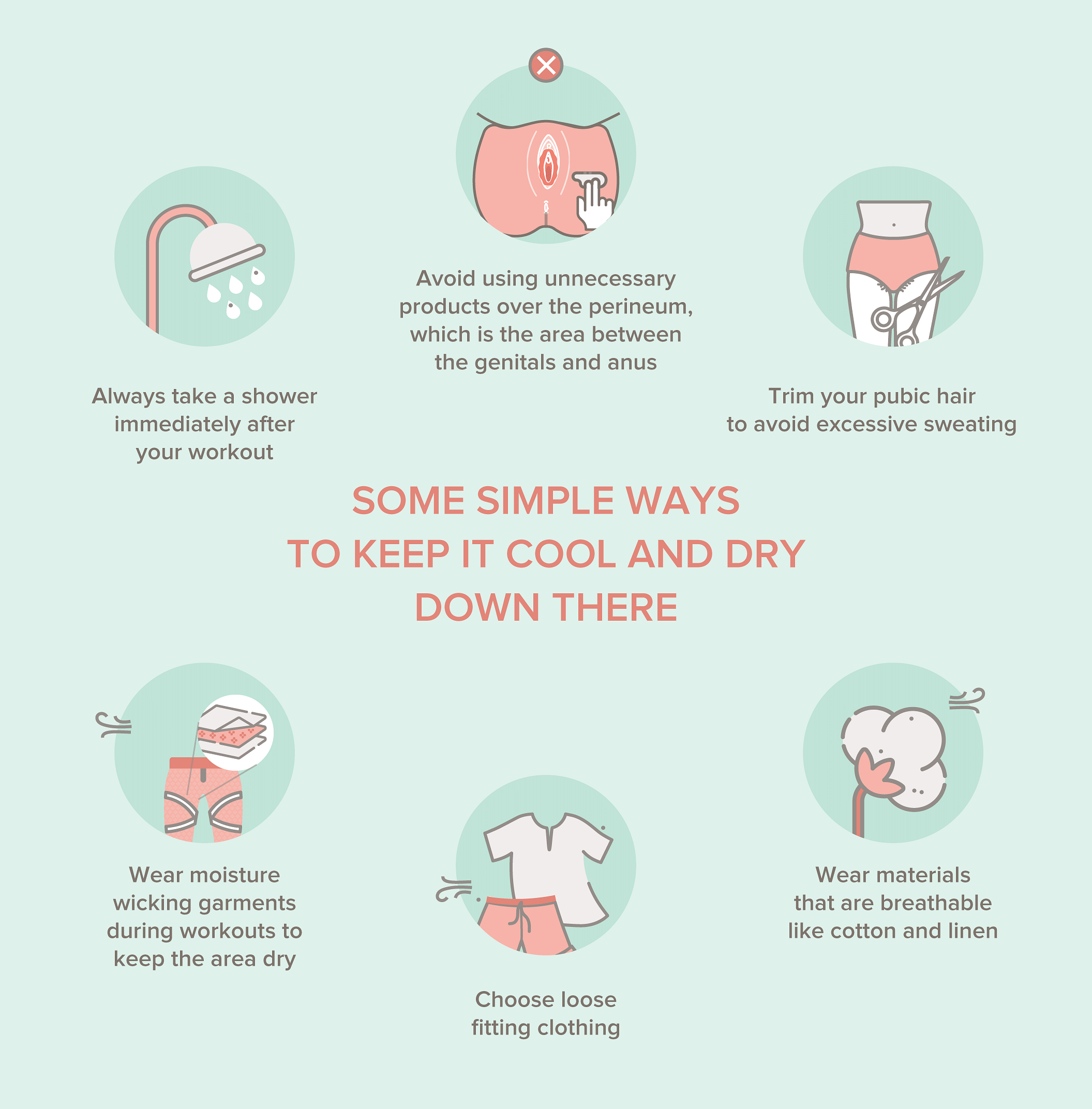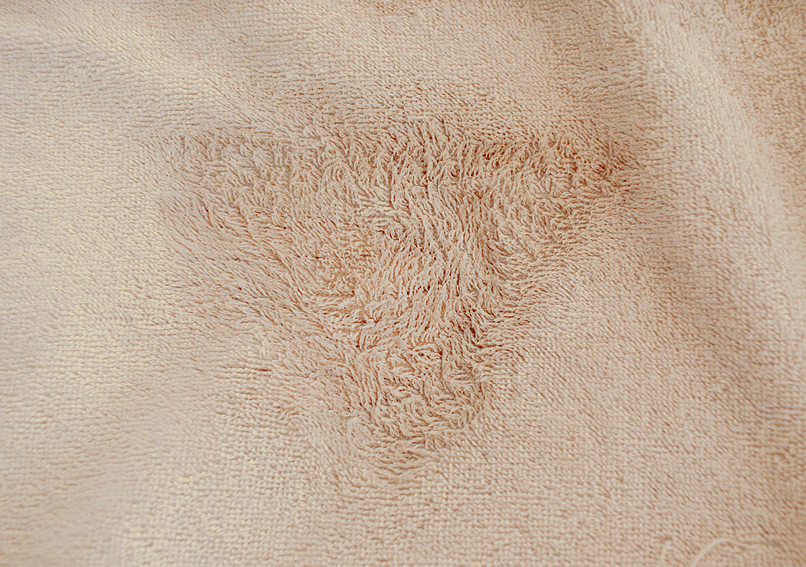Have you ever wondered why your body produces sweat? Where does it come from?
Sweat is the body’s natural way of cooling down. It helps release heat and maintain optimal body temperature. There are about 2 – 4 million sweat glands all over your body.
The 3 main types are eccrine, apocrine and apoeccrine sweat glands.
Eccrine sweat glands are the most common type, are distributed all over your body and produce the highest amount of sweat. They produce the watery kind of sweat that contains salt, protein, urea, and ammonia.
The interesting ones for women are the apocrine sweat glands which are present in the axilla, breast, and perineum.
These are larger in size and open into the hair follicles unlike eccrine which open onto your skin. Although present from the time of birth, they don’t function until puberty begins. They produce viscous, lipid rich sweat that contains proteins, sugar and ammonia. The sweat produced by apocrine is odourless, but when it interacts with bacteria on the skin it produces odour.
The apoeccrine sweat glands are intermediate in size. As the name suggests, they share properties of both eccrine and apocrine glands, and are limited to axilla and produce copious amounts of sweat.
The interesting fact is there is no sweat coming from the vagina, because the vagina does not have any glands of its own.
Vagina is the muscular canal that connects the uterus to the outside world. It accommodates the penis during sexual intercourse. Vulva is the outer part of female external genitalia. It includes mons pubis, labia majora, labia minora, clitoris and vaginal opening.

The apocrine glands on the vulva and the perianal region are the ones that produce sweat.
Whether we like it or not, sweating is a normal body function. It can definitely become uncomfortable when there is a lot of sweat down there causing an unpleasant smell and staining our clothes. And you know sitting in a hot place or any kind of exercise can cause sweating.
So how can we actually prevent this?

Excessive sweating not only makes you uncomfortable but also can act as a nidus (a place in which bacteria can multiply) for infection. Therefore it’s important to make these lifestyle changes to keep the area clean and dry.
If these measures don’t help, please meet your doctor so that they can evaluate for any specific causes.
Our experts are constantly providing us with authentic information. Read more expert content, right here on our blog. Read more of Dr. Abhinaya Alluri’s articles, right here.



